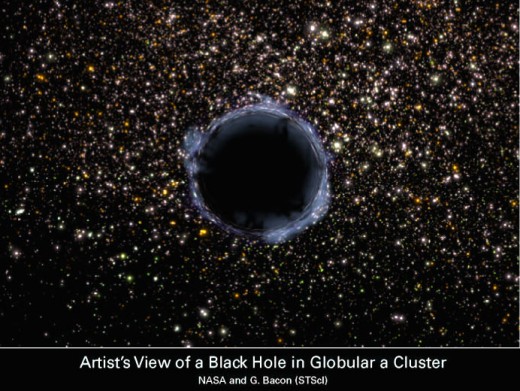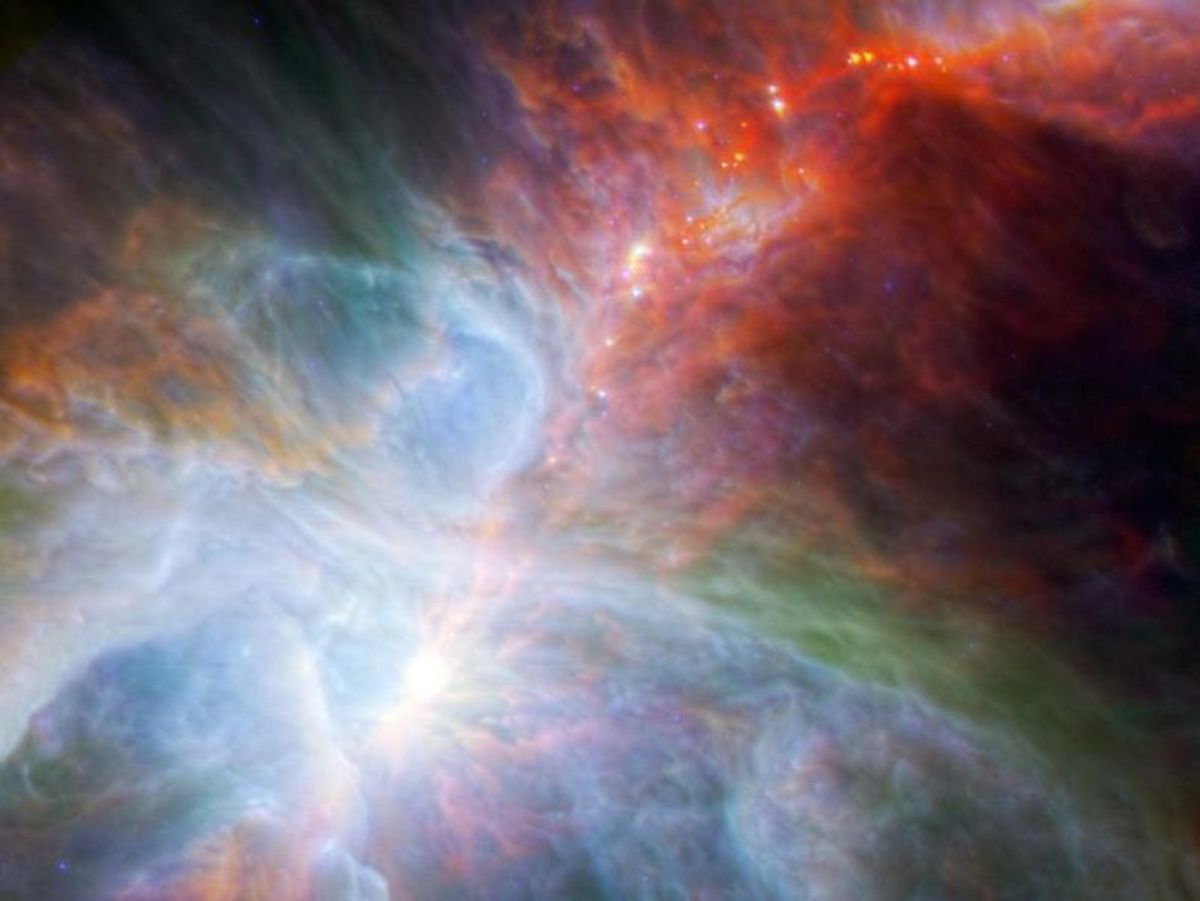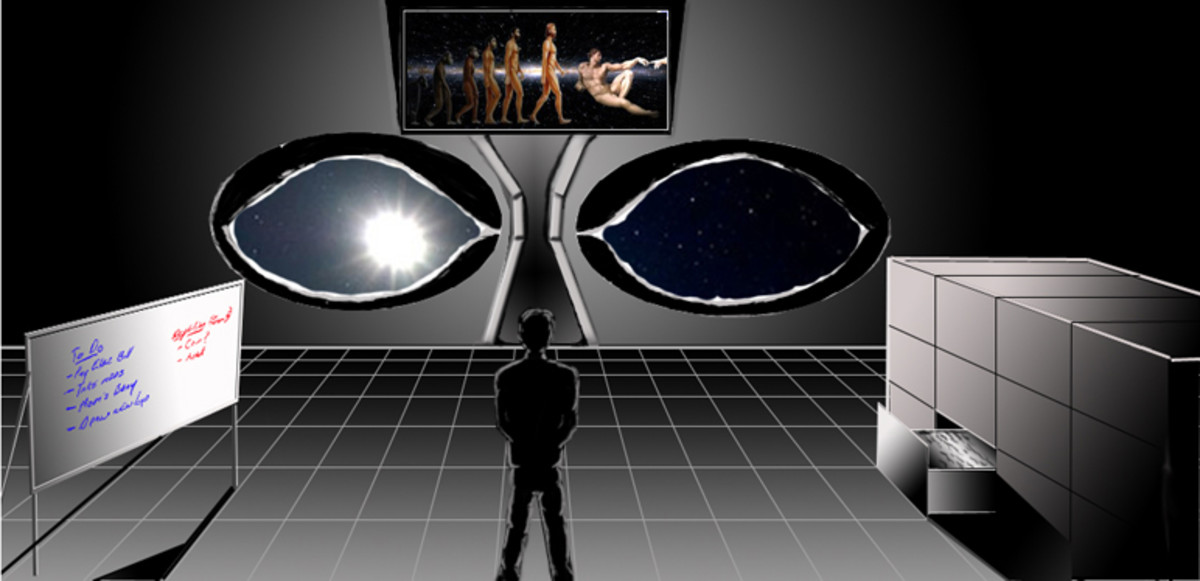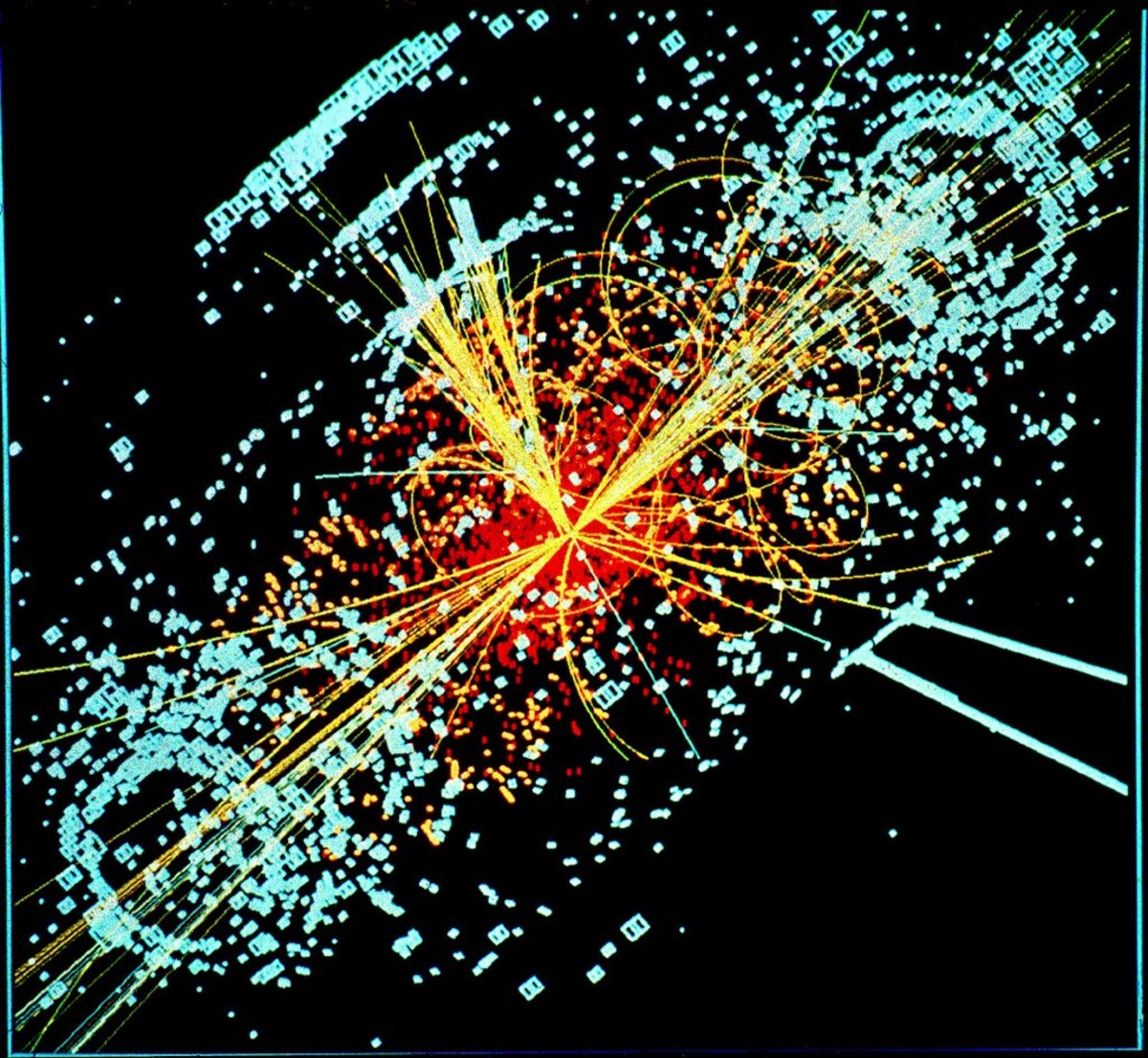Why something and not nothing?

The simple answer is, why not? There is no reason to think a state of nothing is more natural a state than there being something. Besides which if there ever a time there was nothing at all, there would still be nothing at all. You can’t get something from nothing.
So the default seems to be existence.
Can nothing exist even as a state? No. Nothing is not a state. It does not and cannot exist by definition. Therefore the state of existence is the default state. We exist which means there has always been something. Had nothing existed the question would not be possible.
It is a difficult idea to talk about with current language. How can we even make sense of saying if there were ever a time that there was nothing? Of course if there were nothing there would be no time. The question is in a literal sense meaningless.
We may ask will it always exist? There is always the possibility that at some point nothing will exit at all. But if that is the case, nothing will exist again.
The answer is: there just is something and always has been. We may argue about what, but we cannot argue the fact that there always has to have been something. What, at this point, is almost irrelevant to the specific query.
It is not as if at some point nothingness decided to become something. So there can be no starting point, no anthropomorphic reason for existence to come in to being. It just always has been. There is no alternative.
We may ask specifically why we as humans came into being and we may argue about that. But not about the fact that something has always existed.
Now those who know my writing know that I am fond of the laws of conservation. Energy/mass cannot be created or destroyed. So the obvious candidate for the source of all this, that which always was and likely always will be in one form or other is energy/mass. Even if that energy/mass is in a state of potential.
The laws that govern energy/mass are the reason we humans exist. Some would ask where such laws come from. But again this is an almost meaningless question because the laws are not laws, they are the nature of the source. The limitations on how things can react with each other is the reason for order. Without order/limitations the source itself could not exist.
All things are energy/mass in different configurations and transformations. Humans are no exception. We are perhaps special among biological creatures because we can think about how the universe really works and actually have a chance of finding out. But we exist because through cause and effect according to the nature of energy/mass we were inevitable.
It is no good to try to lay odds on how improbable existence is because it is a certainty. We do exist. To speculate and say if we started the universe again would it produce life again is meaningless. We cannot run the universe back. We cannot start it over. We do not even know for a fact that there was a beginning to this universe.
This question of why something instead of nothing is what has spawned a scientific debate called the anthropomorphic principal. To me this is clearly a non-starter that stems from the misconception that it takes more work for something to exist than it does for nothing to exist. Also and more to the point that the universe is set up to fit our existence.
But clearly the idea that nothing ever existed as a state that something can emerge from is an absurdity and highly illogical. It is also far more logical to conclude that we fit the universe because it produced it, not the other way around.
My conclusion is that existence is the default. There can be no reason for there being something if there was always something; and there can never have been nothing at all or there would still be nothing at all.
This essay should be considered an add-on to the first essay I did for Hub Pages called: Observer driven reality check. I may add to it at a future time.








